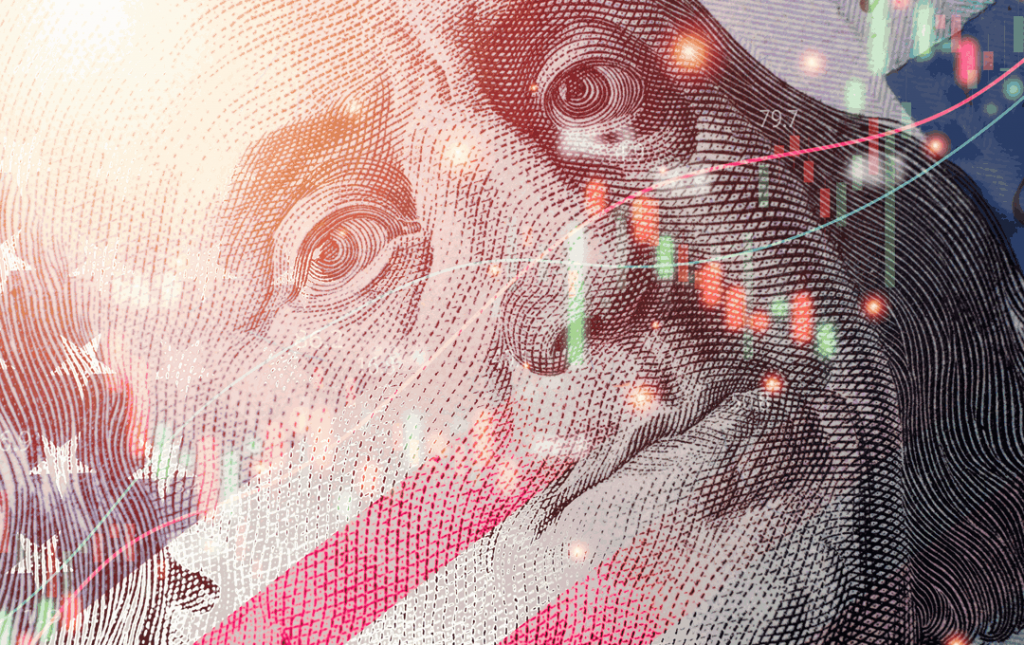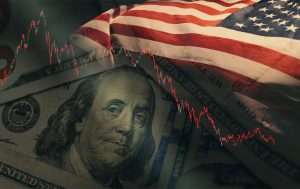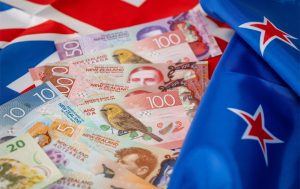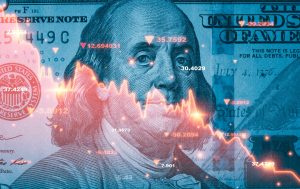U.S. stock futures and the dollar experienced gains in early Asian trading on Friday following the first debate between the 2024 presidential election candidates, Joe Biden and Donald Trump. Market sentiment tilted towards Trump, perceived as having delivered a stronger performance than his opponent.
Market Reaction to Debate
Stock futures rose as the debate progressed, with S&P 500 E-minis increasing by 0.3% and Nasdaq 100 E-minis climbing by 0.46%. The U.S. dollar also rose to a 10-day high against the Mexican peso and strengthened against other trade-sensitive currencies, including the Canadian dollar.
Debate Highlights
During the debate, Biden appeared hoarse and stumbled over his words at times, particularly in the first half-hour. Trump launched a series of attacks on Biden’s handling of the economy, though fact-checkers deemed many of his statements misleading or false. Biden acknowledged that inflation had significantly raised prices since the start of his term but emphasized his efforts to recover the economy post-pandemic. Trump, on the other hand, claimed credit for overseeing “the greatest economy in the history of our country” before the pandemic and taking measures to mitigate the economic downturn.
Currency and Bond Market Movements
The U.S. dollar index matched Wednesday’s eight-week high of 106.13, marking a 1.5% rise for the quarter. It is poised for a second consecutive quarterly gain as expectations for U.S. rate cuts have been reduced over the past six months. The yen hit 161.27 per dollar, its weakest since 1986, while the euro dipped 0.1% to $1.0693. The Australian and New Zealand dollars each dropped about 0.2%, trading at $0.6631 and $0.6068, respectively.
Prediction markets reflected a shift in electoral expectations, with Biden’s odds dropping to 39% from 45% and Trump’s rising to 61% from 55%. U.S. Treasury yields increased slightly, with 10-year notes rising by 2 basis points to 4.313%.
Potential Economic Policies
Analysts from JPMorgan noted that Trump’s team proposed wide-scale tariffs on imports, which could drive prices up. Restrictions on immigration could also put upward pressure on wages, and extended tax cuts might increase government debt.
Upcoming Data and Market Outlook
Traders are closely watching the release of the U.S. personal consumption expenditures (PCE) index, the Federal Reserve’s preferred measure of inflation. A slowdown in annual growth to 2.6% in May, as expected by economists, could pave the way for rate cuts later this year.
Sterling remained flat at $1.2633 and stable for the quarter, with markets anticipating Britain’s general election next week. The yen has been the biggest loser of the quarter, down 6% against the dollar since the end of March and more than 12% for the year.
Japanese Yen and Market Intervention
The yen touched a record low of 172.38 per euro early on Friday, despite data showing accelerated core inflation in Japan’s capital. Low Japanese interest rates have prompted selling of the yen for higher-yielding currencies, even as Japanese yields have started to rise. Japanese officials have warned of potential currency intervention, and on Friday, Japan replaced top currency diplomat Masato Kanda with financial regulation expert Atsushi Mimura. Finance Minister Shunichi Suzuki expressed deep concern about the impact of “rapid and one-sided” yen movements.




